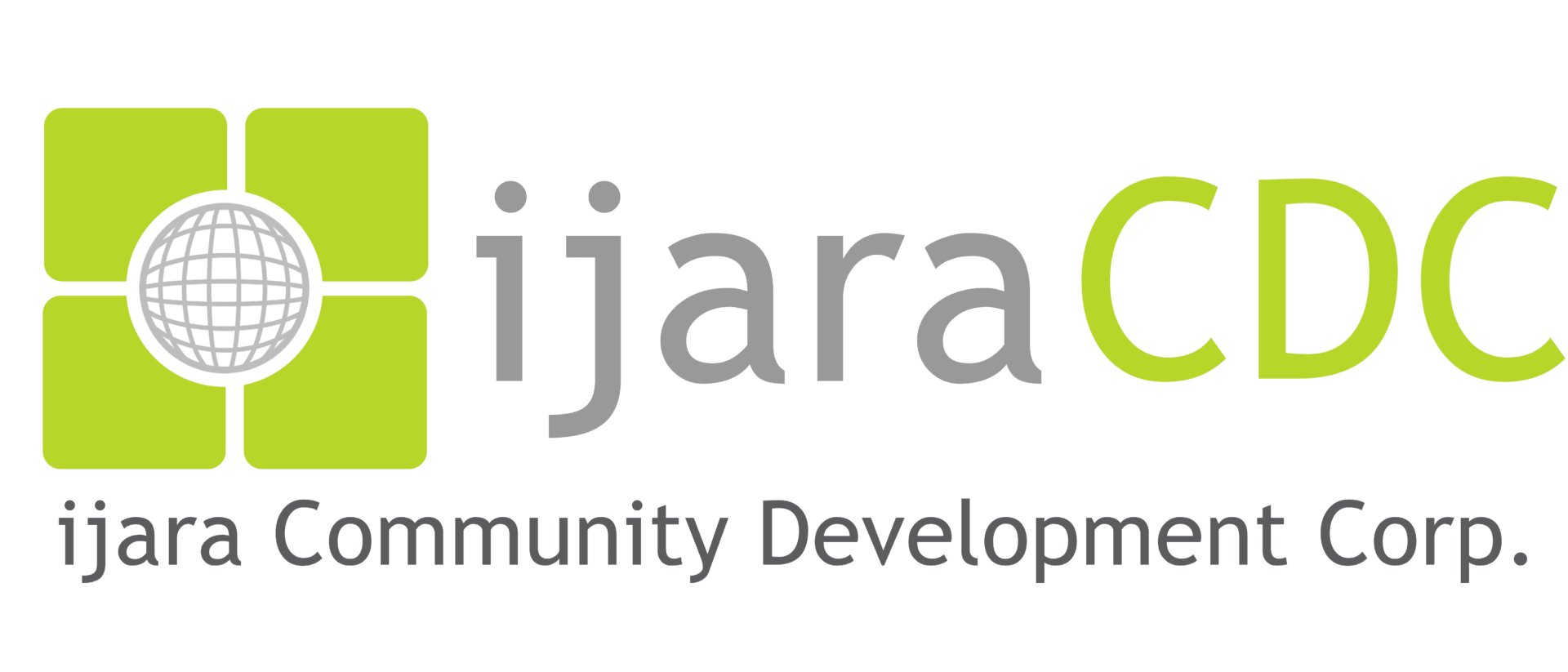What are the Benefits of Ijara Loans for Multinational Organizations?
The last few decades have witnessed an amazing growth in the scope and operations of Islamic financing institutions all over the world. According to estimates, the number of financial institutions providing Islamic banking products has risen from only a few during their nascent stages to more than 300, functioning in close to 100 countries across the world. As Standard & Poor’s has found out, these financial institutions held assets worth about $500 billion in 2009 and this figure is witnessing a steady growth given that the industry itself is growing at a steady rate of 10-15% since the last decade, recession notwithstanding.
Wide Customer Base
These financial institutions cater to a diverse range of customers—from individuals who want to own a house or a vehicle to start-ups who are in need of funds to expand their production facilities. And contrary to popular belief, even corporate bigwigs seek Islamic financial services to fulfill their business goals and understandably to reap the benefits of ijara loans for multinational organizations.
It has been seen that multinational organizations mostly seek ijara loans from the Islamic banking institutions and an analysis of the benefits of ijara loans for multinational organizations makes clear the reason for their preference for these financial arrangements over conventional loans and mortgage settlements. The benefits of ijara loans for multinational organizations stem from multiple fronts but these can be summarized in one line—ijara loans enable multinational organizations to overcome unique business challenges in a way that conventional loans fail. So, a comprehensive understanding of the benefits of ijara loans for multinational organizations can only be had by simultaneously delving into the market challenges faced by these organizations.
The Benefits of Ijara Loans for Multinational Organizations: Overcoming Ethical Obstacles
Multinational organizations that follow the dictates of the Sharia in their day-to-day operations are bound by certain rules when they enter into financial transactions. According to the rules of the Sharia, they are prohibited from:
Ø Entering into financial agreements that involve charging and receiving of interest.
Ø Carrying out financial transactions that involve engaging in speculative or extremely risky behavior.
Ø Being a party in financial arrangements where the contract is not transparent and does not explicitly mention the terms, conditions, rights, and obligations binding on each party. According to the Sharia, this is tantamount to gambling, an activity that this Islamic body of law strictly forbids.
All businesses—small, medium, or large—seek funds in order to expand their productive capacities. The challenge confronting multinational organizations is not only to secure loans in a competitive business environment but also ensure that the loan transactions conform to the laws of the Sharia. One of the principal benefits of ijara loans for multinational organizations lies in the fact that these financial products allow the organizations to fulfill their fund-seeking objectives without violating the rules of the Sharia. In fact, the benefits of ijara loans for multinational organizations on this front cannot be matched by any conventional interest-based loan arrangement.
The Benefits of Ijara Loans for Multinational Organizations—Overcoming Business Challenges
The benefits of ijara loans for multinational organizations on this front have become all the more apparent in a tough business environment that is still reeling from the scars of recession. An understanding of the benefits of ijara loans for multinational organizations in overcoming business challenges can be had by analyzing the obstacles confronting the businesses and identifying their needs.
Challenge #1: With the memories of recession fresh in their minds and the global economy still exhibiting turbulence, even multinational organizations are wary of investing large sums of money in buying assets. Therefore, their need of the hour is a loan that allows them to acquire only the right of usage of assets, particularly expensive equipment such as aircrafts, ships, industrial, and agricultural machinery without having to pay for the purchase outright and bearing the risks and responsibilities associated with a right of ownership. The benefits of ijara loans for multinational organizations stem from the fact these loans fulfill these needs to a T.
Challenge #2: High-end equipment and machinery are not only expensive but many have poor resale values. In an age of rapid technological advances, businesses always run the risk of ending up with a piece of machinery or equipment that they no longer can use in their production facilities and yet cannot sell them profitably. In such a scenario, multinational organizations need loans that enable to enjoy the benefits from leasing and putting a piece of equipment to productive use without requiring them to own it. The benefits of ijara loans for multinational organizations on this front are undeniable, as these forms of financial arrangement allow business to realize these needs.
The afore-mentioned discussion of the benefits of ijara loans for multinational organizations thus conclusively show wherein lies the appeal of these forms of financial products—in their ability to help organizations adapt to changing business needs.

